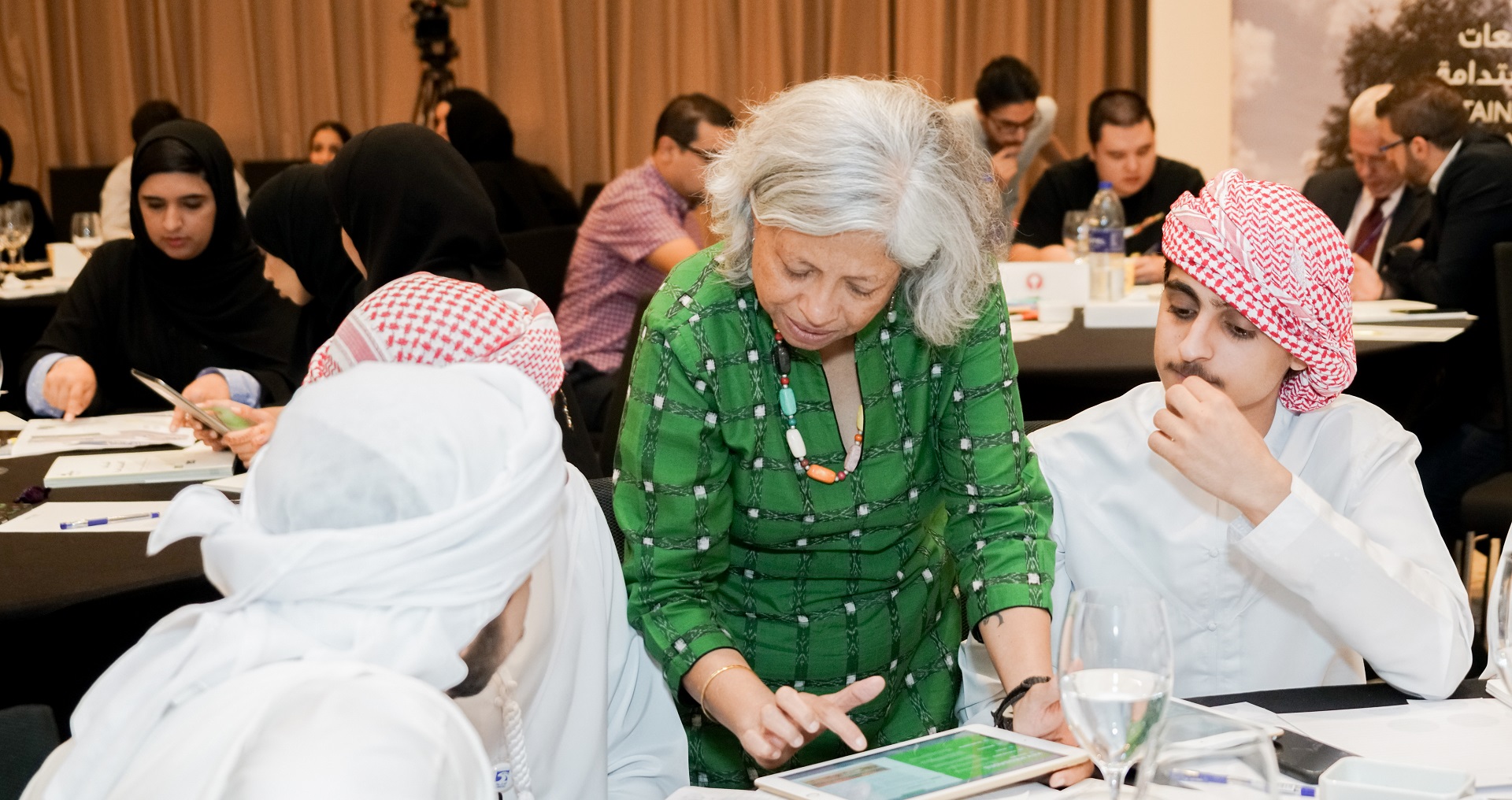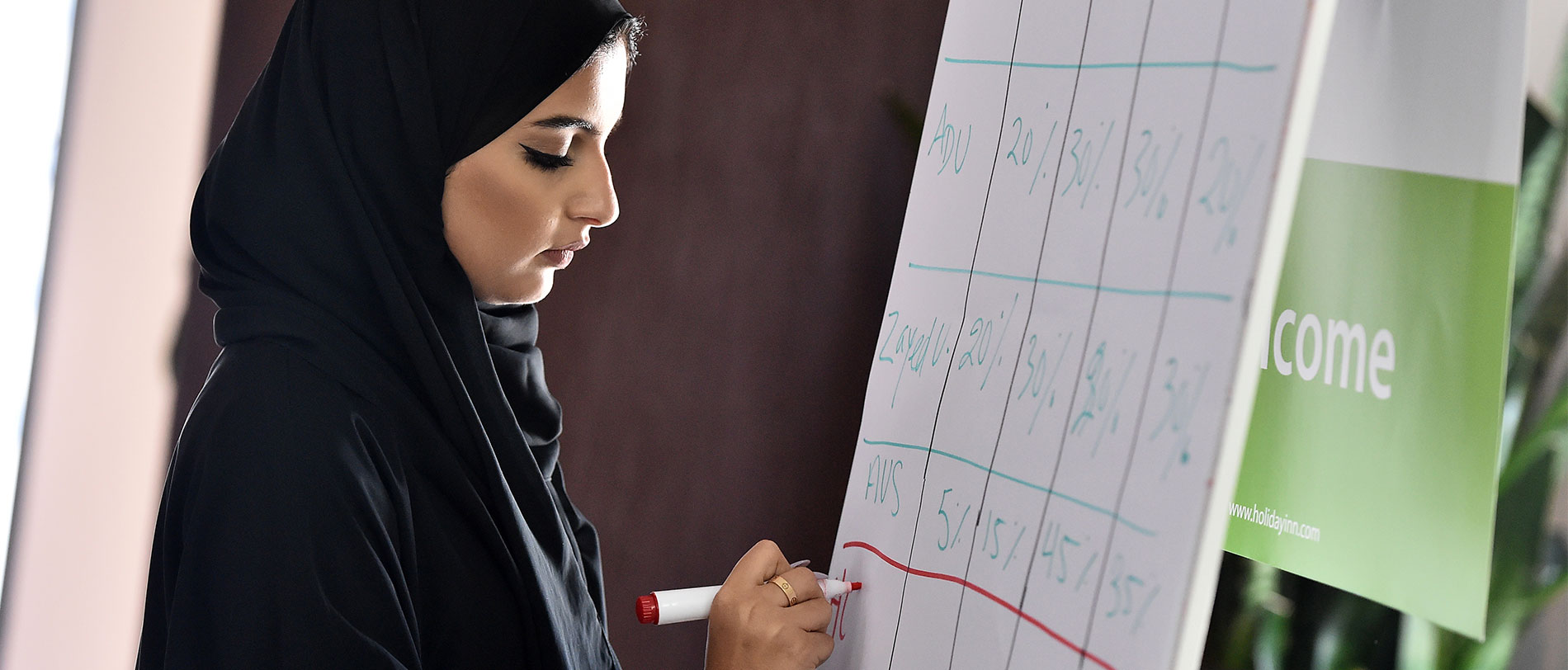
Reducing the Footprint and Increasing the Handprint
This Green Campus Audit framework would provide a structure to help translate the goal of academic sustainability programmes to what it could actually mean on ground for young people learning at colleges and university campuses within the UAE. It is meant to enable the participating college / university communities to look at sustainability in the context of their own campus resource base.
Based on the audit undertaken campuses are expected to set targets and strive to become resource efficient. The audit framework will also assist the youth to examine the sustainability quotient at an individual, institutional and the community level. This will urge the youth to take the lead on extending its benefits and outcomes to the community beyond the confines of the college / university. The concept of 'learning by doing’ is at the heart of the framework and the processes it recommends.
THEMES FOR THE AUDIT
This Audit framework covers five major resources i.e. Water, Climate, Land, Energy and Solid waste. The manual contextualizes these resource use for the youth from the global to the local perspective and calls for a strong campus based measurement and action.
Support for the Audit process :
Registered campuses would be provided standardized manual (Basmat Al Shabab) which can be downloaded from the from resources. An annual training workshop will be conducted for interested youth from registered colleges and universities.
Campuses are expected to initiate the process during their first year by setting a baseline of their resource use and then on a yearly basis set targets and improve their institution’s environmental performance and increase their handprint in comparison to their footprint.
Download Manual
Reporting and evaluation :
The results of the audit and mitigation processes, (if any undertaken). Proof and evidence of enhanced environmental performance should be uploaded for consideration of the excellence awards
All colleges and universities undertaking the projects are expected to upload a detailed report, a poster and 1-3 minute video on the outcome of their project.
While it is preferred for the registered campuses to cover all tasks and resource (for five components mentioned above) assessments outlined in the manual, it is however not mandatory. However, for the recognition of excellence an exhaustive audit of all resource use mentioned above is preferred.

